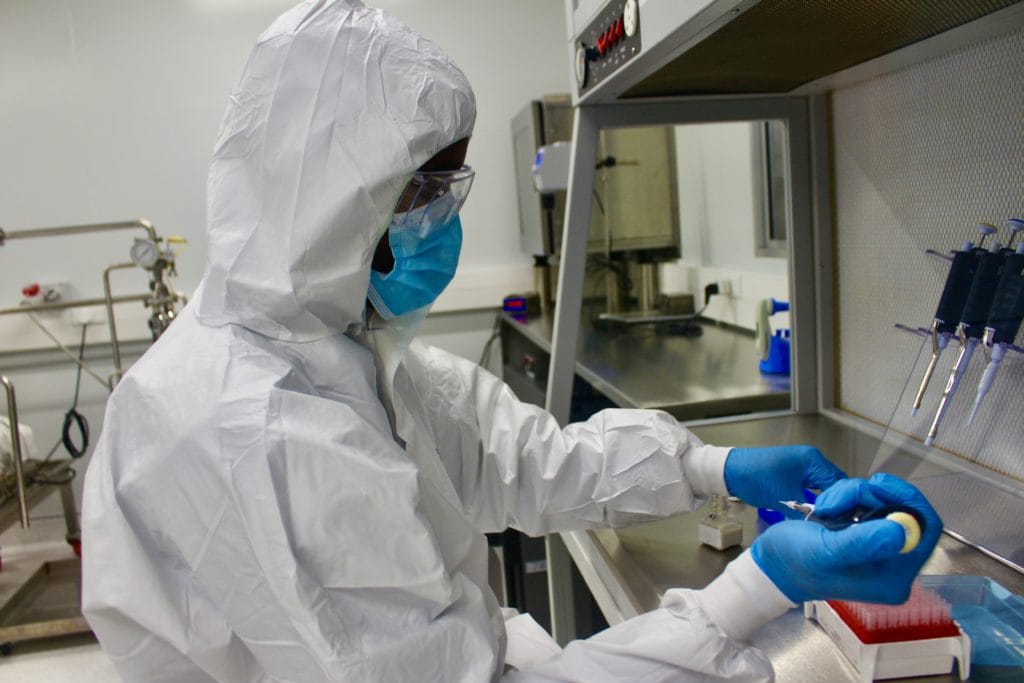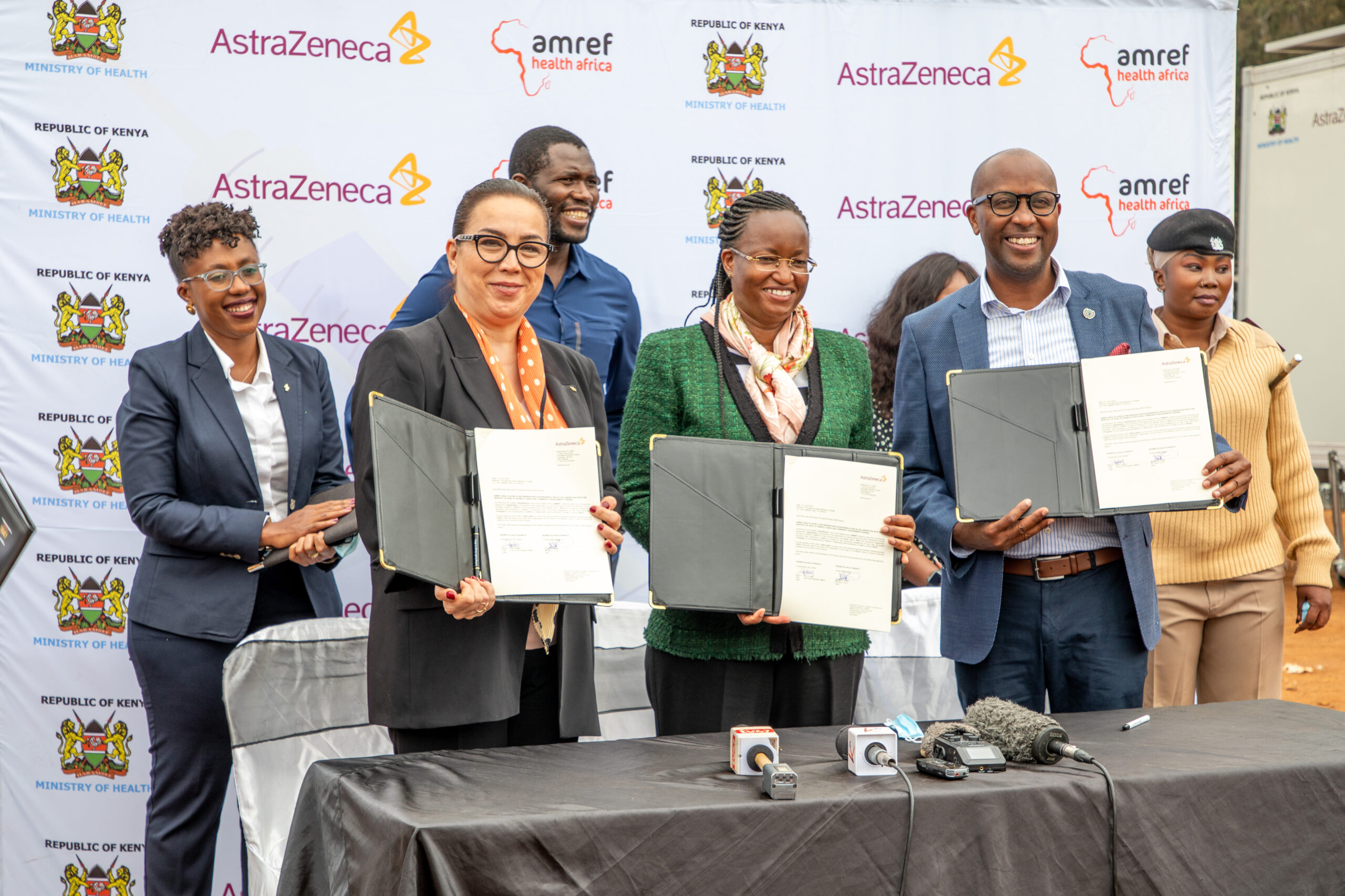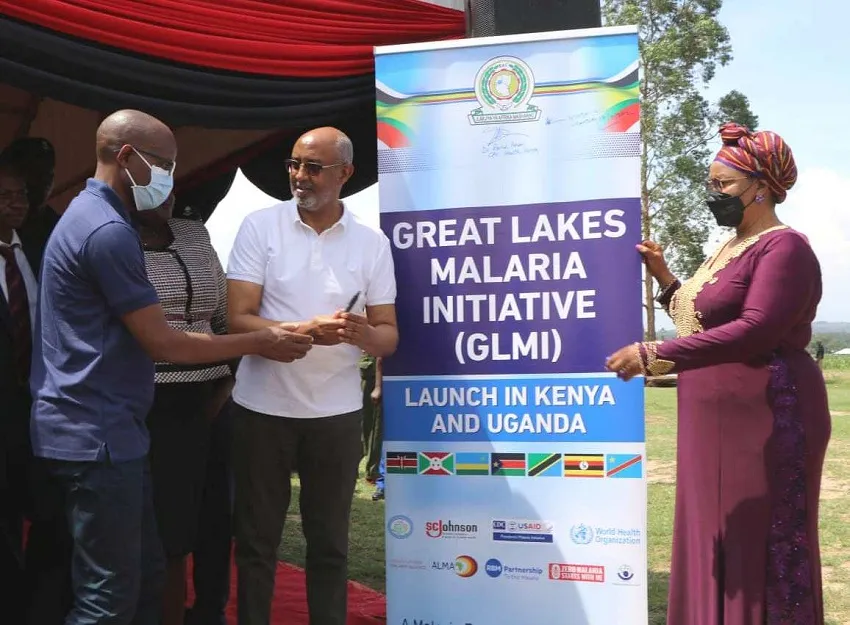Amref and GE Healthcare Partner to Strengthen Healthcare Systems in Africa
Wednesday, 7 March, 2018

GE plans 20 programs, from 13 currently, to reach 3.5 million expectant women, mothers and new-borns and train over 3,000 primary healthcare workers by 2020, together with partners including Amref.
LONDON, United Kingdom, March 7, 2018/APO Group/
- Amref Health Africa and GE to develop joint programs aimed at improving primary and referral care with initial focus on reducing preventable maternal and infant mortality;
- First joint program in Ethiopia will equip and develop a sustainable delivery model in 24 healthcare facilities and aims to increase number of healthy mothers and healthy births, expand access to family planning and sustain lower rates of under-five mortality;
- Early GE pilot study in Ethiopia shows a 24% reduction in neo-natal mortality in the neonatal intensive care unit (NICU);
- GE plans 20 programs, from 13 currently, to reach 3.5 million expectant women, mothers and new-borns and train over 3,000 primary healthcare workers by 2020, together with partners including Amref.
GE Healthcare (GEHealthcare.com) and Amref Health Africa (Amref.org) today announced a framework agreement that aims to develop a range of in-country health care service collaborations across reproductive, maternal, newborn and child health, non-communicable diseases, water, sanitation and hygiene and safe surgery.
Strengthening primary care and the broader referral system is an essential building block towards the attainment of universal health coverage in Africa
Initially, Amref Health Africa and GE will work together with Intrahealth and Project HOPE on a new program in Ethiopia, where GE will provide medical equipment at 20 health centers and 4 primary hospitals to widen access to antenatal screenings, essential newborn care and to upskill health workers. The technology will include portable ultrasound for antenatal screening, baby warmers, anesthesia and resuscitation equipment used during childbirth and phototherapy devices which help mitigate jaundice in babies.
Through a focus on task-shifting, health workers such as midwives who operate in remote communities where access to medically trained personnel is often limited or non-existent, will be taught essential skills to perform additional tasks such as antenatal scans, ensuring that critical, potentially life-saving services are available to the most at-risk patients.
Amref Health Africa is the largest non-governmental organization founded and based in Africa and has more than 60 years’ experience in health development. GE Healthcare is a leading global provider of healthcare technology and services and brings more than 100 years’ experience in the continent. The collaboration allows the partners to develop new in-country programs that will combine their respective technical expertise, capacity building know-how and ability to convene large-scale funding into programs.
The new GE program with Amref Health Africa will build on results from a 6-month GE pilot during which 22 NICU nurses and paediatricians were trained on the provision of essential newborn care. It showed a 24% reduction in facility-based neo-natal mortality, from 82 in every 1000 admissions to 62 in every 1000 admissions. The study was conducted by the Ethiopian Paediatric Association in consultation with the Ethiopian Federal Ministry of Health for Ethiopia, at four sites across Ethiopia, and involved more than 2,400 neonates. It also showed a 50% reduction in patient referrals and a 1-day reduction in overall hospital length of stay after an NICU intervention to 7 days.
“Amref Health Africa stands at the forefront of creating stronger community-based health systems that ensure access to quality health services for all. Training health workers on essential skills for mother and child health is a key component of addressing the high rates of maternal, newborn and child mortality that still exists in far too many communities,” said Dr. Githinji Gitahi Group CEO, Amref Health Africa.
First published HERE by GE Healthcare, on 7 March 2018.







